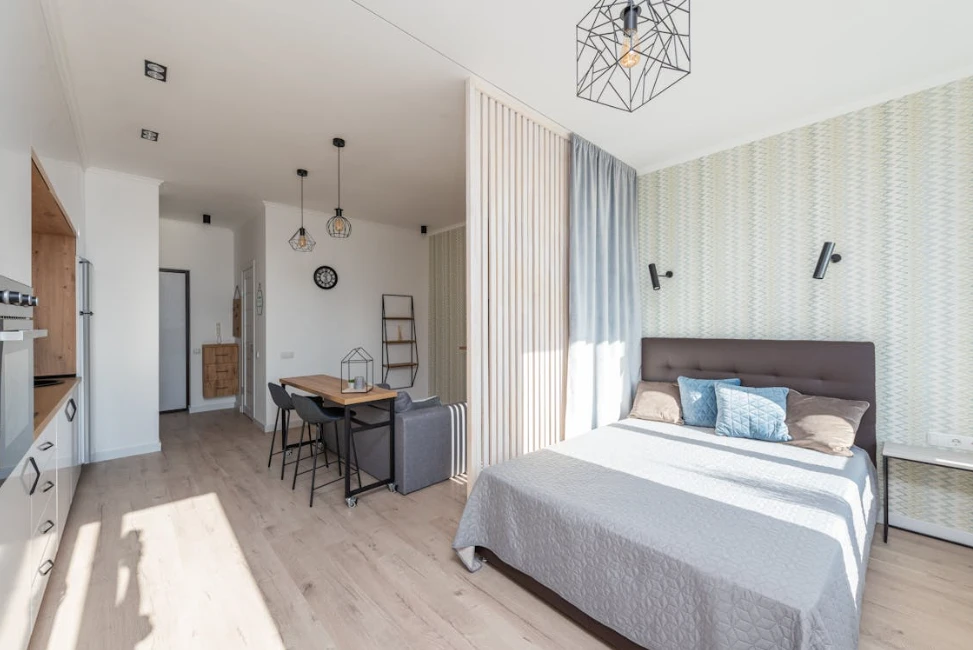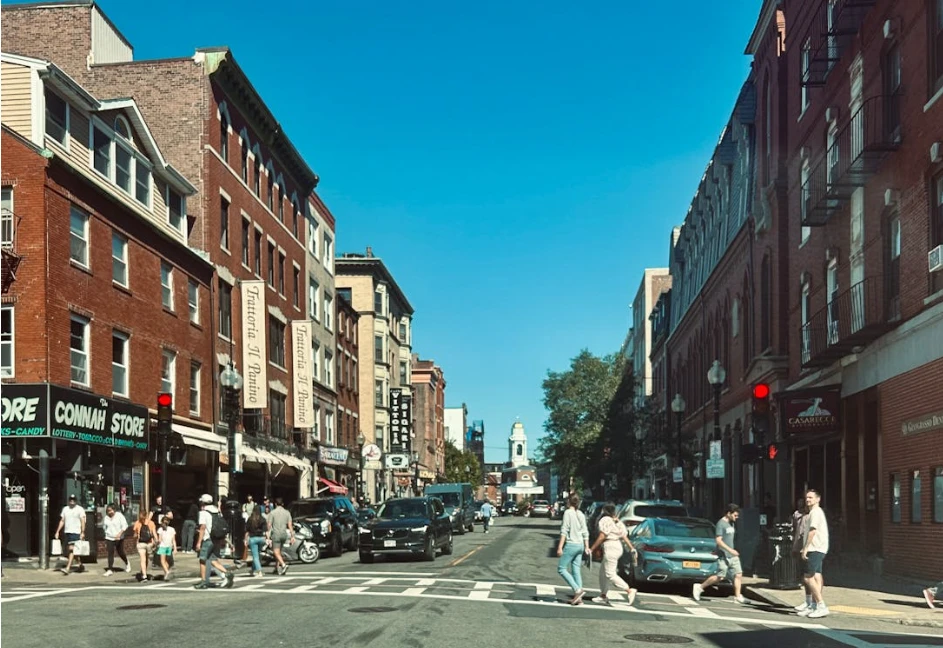Pre-Move-In Checklist for Boston Apartment Hunters: Beyond the Basics

Renting an apartment in Boston can be both exciting and overwhelming. With high demand, competitive listings, and a wide range of neighborhoods, it's easy to get swept up in the process and overlook important details.
Before you sign that lease and schedule your move-in date, take a step back. A thorough apartment inspection can save you from future headaches, unexpected expenses, and even health risks.
This guide goes beyond the basics, offering a practical and easy-to-follow checklist to help you make a smart, informed decision about your next Boston rental.
Basics You Already Know (But Shouldn't Skip)
Most apartment hunters already know to check rent price, lease terms, and whether utilities are included. These are essential, but not enough on their own.
Be sure to verify pet policies, ask about parking options, and confirm the cost of any upfront fees like security deposits or broker commissions. Don't assume—ask for everything in writing.
Appliances and fixtures should be tested, especially the stove, fridge, and faucets. Even if the apartment looks nice, function matters more than form.
Look at the Building, Not Just the Unit
It's easy to fall in love with a cozy living room or updated kitchen, but don't forget to step back and evaluate the entire building. Shared areas like stairwells, hallways, and entryways can reveal how well the property is maintained.
A well-kept exterior and clean common areas often signal a responsive landlord. On the flip side, broken lights, peeling paint, or trash buildup are red flags.
Ask about snow removal policies and pest control. These are often overlooked until it becomes a problem mid-lease.
Windows, Walls, and Water: Inspecting for Hidden Issues

Boston's older housing stock can hide issues that go unnoticed during a quick walkthrough. Look closely at walls and ceilings for any signs of water damage or staining.
Check under sinks and around windows for signs of moisture, warping, or a musty odor. These could be signs of deeper issues with plumbing or ventilation.
Pay attention to condensation on windows, especially in winter. This could indicate poor insulation or ventilation problems.
If you spot signs of water damage or musty smells, it may be worth having a space evaluated by a professional mold inspector to avoid health issues down the line.
Check behind furniture and in closets for discoloration or soft spots in the walls. Mold often hides in dark, damp areas that landlords might not show off during a tour.
Electrical and Heating: Functionality and Safety
Flip every light switch and test outlets with your phone charger to ensure they work. In older units, outdated wiring or overloaded circuits can be be a serious concern.
Ask where the circuit breaker is located and whether the system has been updated. If it's inaccessible or looks ancient, it's worth noting.
Boston winters can be harsh, so heating is a key factor. Ask if the heat is gas or electric, who pays for it, and how recently it's been serviced.
If the unit has AC, check that it works properly. Portable ACs or window units may not be enough for hot, humid summers.
Air Quality and Ventilation
Poor air quality can affect your comfort and health, especially if you suffer from allergies. Check for working fans in the kitchen and bathroom.
Open windows to see if they move easily and stay open. Ventilation matters more than you might think, especially in tightly sealed buildings.
Take a deep breath—literally. If the apartment smells stuffy or stale, it could be a sign of poor airflow or hidden issues like mold.
Safety and Compliance Matters
Look for smoke detectors in each room and ask if they're regularly tested. Carbon monoxide detectors are required in Massachusetts and should be present.
If possible, ask about past pest issues or infestations. Previous problems could indicate a building-wide issue that hasn't been fully resolved.
Check window security and whether they lock properly. In basement units, make sure bedroom windows meet egress requirements in case of emergency.
Find out if the property complies with local fire and housing codes. This can usually be verified with the landlord or building manager.
Neighborhood Check: Walk It, Don't Just Google It

Online maps and reviews only tell part of the story. Walk the neighborhood during both day and night to get a true sense of the vibe.
Observe foot traffic, street lighting, and nearby businesses. Some areas are quiet by day but get noisy at night.
Look at neighboring properties to see how others maintain their homes. This can give you insight into the community and property standards.
Questions to Ask the Landlord or Agent
Why did the last tenant leave? This question can reveal important clues about the unit or landlord.
How quickly are maintenance issues handled, and is there a dedicated super or handyman? Quick response times matter when things go wrong.
Ask about the renewal process. Is there a rent increase cap or policy?
Also, confirm whether you're allowed to paint, hang shelves, or make small changes. This avoids future disputes and helps make the space feel like home.
Document It All Before You Sign
Take photos and videos during your tour, even if you don't rent that unit. It helps you compare and remember details later.
If you do move forward, document the apartment's condition before move-in. This protects you from false damage claims when it's time to move out.
Use a checklist to note the condition of walls, floors, appliances, and fixtures. Email it to yourself and the landlord for a time-stamped record.
Keep copies of all communication, including texts and emails. It can be valuable if a dispute arises during your lease.
Conclusion: A Smart Renter is a Safe Renter
Finding an apartment in Boston is no small task, but doing your due diligence upfront makes a big difference. It's easy to get distracted by aesthetics or location, but the real value lies in how safe, functional, and healthy the space is.
Use this checklist as your guide during each apartment tour. It'll help you stay focused, ask the right questions, and avoid unpleasant surprises after move-in.
With a little extra effort now, you'll have peace of mind knowing your new home is the right fit for your lifestyle and your wellbeing.
Published 10/12/25